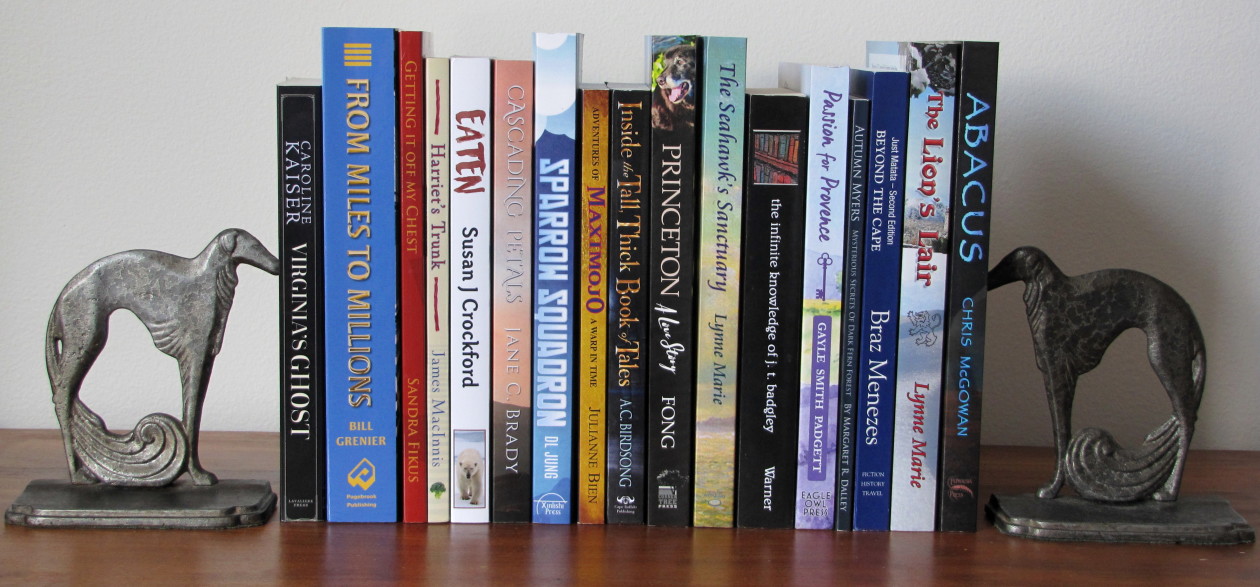Here in Toronto, it’s the time of year I like to call the drear–that period in late autumn when the leaves are off the trees but the snow has not yet begun to fly. The drear feels like a limbo state between autumn and winter and is characterized by days and days of unrelenting overcast skies, rain, and mud. Last year’s drear was mercifully short because the snow arrived early, but this year, we’ve been subjected to what seems like an extraordinarily long drear–long enough to test the fortitude of even the most diehard optimist.
One thing I should say before I continue is that drear is actually a literary adjective that dates to 1629. It’s the sort of word that makes me think of a 19th-century poet wandering lonely o’er a dank and drear moor pining for his lady love, who has either spurned the poor poet or succumbed to consumption. Drear has Gothic literary connotations for me. Editors could legitimately take issue with my use of it as a noun, since the Canadian Oxford Dictionary regards it as an adjective only.
Noun or adjective, drear captures both the prevailing weather and how it affects me perfectly. As a freelancer who works at home, I find the drear particularly difficult to cope with. As far as I know, I don’t suffer from seasonal affective disorder (SAD), yet if I allow it to, the drear will sneak into my home office, robbing me of energy and taking energy’s close relatives, motivation and inspiration, with it as it flies out the door (I imagine it uttering a diabolical laugh as it flees). Perhaps if you work at home and spend many hours alone writing, editing, or doing whatever else you do, you’re finding that the drear is affecting you too. What to do?
I’m not normally the sort of person who needs to give myself rewards to motivate myself to get a job done unless that job is so challenging that it’s threatening my sanity. However, I do find that rewarding myself helps me combat the drear. My accomplishments needn’t be immense and the corresponding rewards needn’t be elaborate–something modest like “When I finish editing this chapter, I’ll get up and have a cup of tea (something fruity and caffeinated like blackcurrant) and some dark chocolate (70 percent)” works just fine for me. Of course, finishing an entire project is cause for celebration, meaning a much splashier reward awaits. Keeping that reward on the front burner of my mind as I’m working certainly keeps my momentum going. If I intend to splurge on a sweater, I keep looking at it online to remind me that it will be my present to myself for both achieving my goal and surviving the drear.
Exercise and fresh air are also essential to coping with the drear. Fortunately, I have the 50-pound mutt to take me out for walks every day, usually just when I desperately need to stretch my limbs and get the oxygen flowing to my brain so the synapses will start doing what they’re supposed to again. The daily dog walk has many benefits, both physical and psychological. Watching my dog wrestle with her best friend (an Airedale) and fly around the park–outrunning most of the other dogs with superlative ease and grace, I might add–lifts my spirits and makes me smile. And there are inevitably other dog owners to talk to. When you spend much of your day in front of a computer screen, the joy of talking to human beings face to face should never be underestimated. After an outing to the dog park, the score is once again in my favour: Caroline 1, Drear 0.
Dangling rewards before myself and doing the mutt promenade are two things I do when the drear threatens to turn me into an unproductive, useless lump. But I have to ask: What do you do to fight the drear?

 Follow
Follow